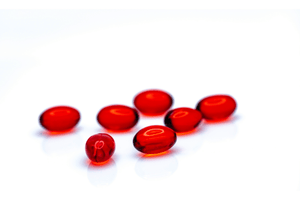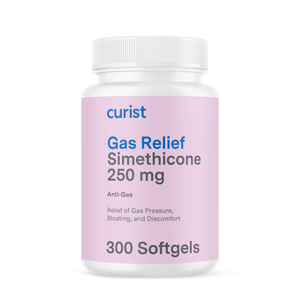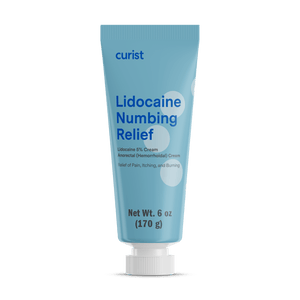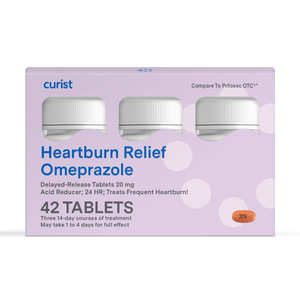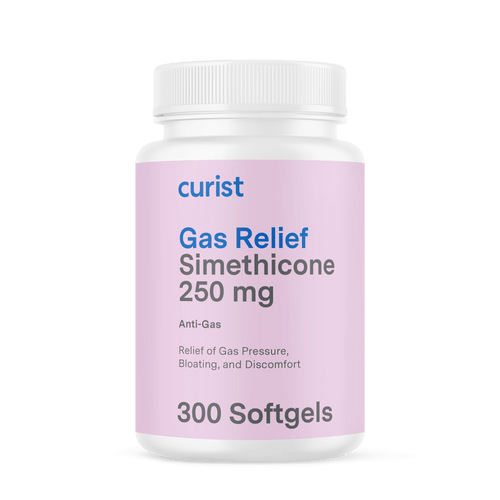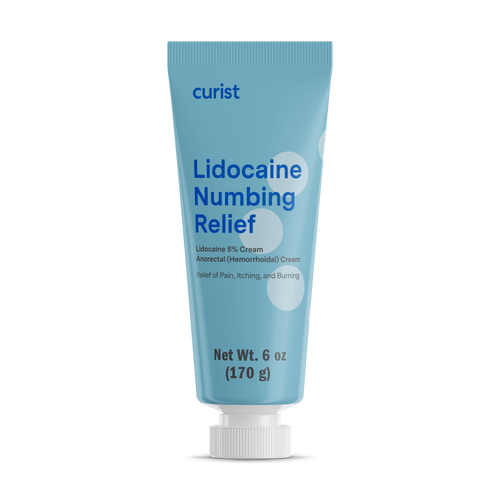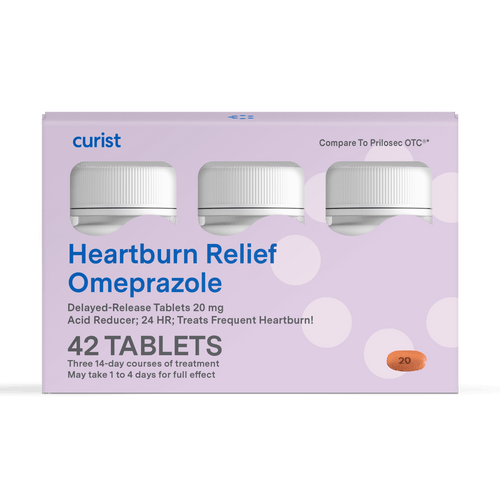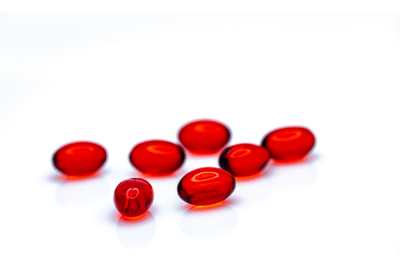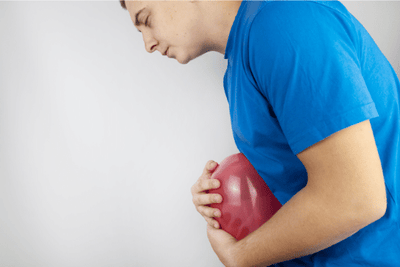Curist delivers over-the-counter medicines to your door at a fraction of the price of traditional brands. We hope everyone stays safe and healthy during this time.
What Does an Excessive Gassy Stomach Feel Like?
According to Cleveland Clinic, the average person passes gas about 14-23 times daily. Gas is a normal part of our digestive system. However, a buildup of gas can lead to slight discomfort. This gas can cause you to feel:
- Bloated
- Knotted in the stomach
- Abdominal pain that can radiate to your chest
- Excessive burping and/or farting
It is also important to note that sometimes if you are experiencing constipation, it can be harder for gas to pass and can add to your discomfort.
What Is the Cause of Your Excessive Gassy Stomach?
These feelings of discomfort from an excessively gassy stomach are completely normal, and can be caused by different things such as foods or eating habits. Although a buildup of gas is rarely a medical concern, some gas buildup may be caused by an underlying health condition. Let’s break down what can cause gas to build up in your stomach.
What Foods Cause Excessively Gassy Stomachs?
Different foods can cause excessive gas to build up in your stomach. Although fiber is essential for the digestive system, some high-fiber foods can cause gas build-up such as:
- Beans/legumes
- Fruits
- Vegetables (asparagus, broccoli, etc.)
- Whole grain foods
Other dietary drinks or foods that can cause a buildup of gas include:
- Carbonated drinks
- Milk and milk-containing products (i.e. lactose intolerance)
- Sorbitol- or any candies identified as “sugar-free” candy
- Spicy foods
Avoidance of limitations of these foods can reduce the buildup of excessive gas in your stomach.
What Eating or Swallowing Habits Can Reduce Excessive Gas?
Swallowing air (aerophagia) may cause gas to get trapped in the stomach. Everyone who eats and drinks may swallow small amounts of air. Although this is normal, sometimes eating or drinking too quickly, chewing gum, or smoking can result in more air swallowed. Eating and drinking slowly can help reduce gas buildup.
What Medical Conditions are Related to Excessive Gassy Stomachs?
Most of the time, excessive gas is a normal part of our digestive system and medical assistance is not always necessary. On the other hand, if you have already tried at-home remedies and the gas is constant, there may be an underlying health reason and you should seek care from a healthcare provider. Some health conditions contributing to excessive gas may include the following:
- Chronic intestinal disease
- Diverticulitis
- Croh’s Disease
- Irritable Bowel Syndrome (IBS)
- Ulcerative Colitis
- Meganblase syndrome
- Bacterial growth in the small intestine
What are the Best Over-the-Counter Medicines For Excessive Gassy Stomachs?
There are a plethora of over-the-counter products you can choose to relieve excessive gas buildup in your stomach.
- Phazyme® or Gas-X® helps break up gas bubbles in the stomach and can be combined with antacids such as Mylanta II®, or Maalox®. These medicines come in different strengths of 125 mg, 180 mg, and 250 mg.
- Some studies have shown activated charcoal tablets as an option, but it is unclear if there is a true correlation to gas reduction. Speak to a healthcare provider to determine if activated charcoal is the best option for you.
- Lactaid® or lactose intolerant products can aid in lactose digestion for those with a lactose intolerance. This can help reduce gas buildup from dairy products.
- If you are experiencing excess farting, Pepto-Bismol® can reduce the odor of the farts, and may reduce some gas. However, if you have an aspirin allergy, this treatment option should not be used.
- Beano® is a digestive aid that can help break up the sugar in beans and vegetables that can cause excessive gas. Therefore, if you know the gas is not due to beans or vegetables, this treatment option may not be the best for you.
- Your stomach has good (normal flora) and bad bacteria. The bad bacteria may contribute to excessive gas, therefore, a probiotic either in supplement or yogurt form may be helpful to restore the normal flora.
What are the Best Home Remedies For an Excessively Gassy Stomach?
There are some home remedies that may be an option to try to help reduce excessive gas.
- Apple cider vinegar with water: There is no scientific evidence to prove this works, but traditionally, this mixture is used to reduce gas. There are no negative effects to trying this treatment option.
- Tumeric tea, peppermint tea, chamomile tea, and more teas may provide gas relief.
- Moving around walking, running, or any movement can help release the gas in your body.
- Gently massaging your abdomen or rubbing your back can help expel any trapped gas.
- Some yoga poses may help release gas.
How Do I Prevent Excess Gas Build-Up In My Stomach?
Watching your habits and what you eat may be helpful to lower your risk of gas buildup in your stomach. A food diary can help you track the foods and circumstances that lead to gas problems.
Some quick tips to prevent gas buildup are:
- Avoid irritating foods
- Keep your body hydrated
- Limit carbonated beverages
- Limit Chewing gum
- Eat slowly
- Drink slowly
- Increase your physical activity
- Limit the amount of artificial sweeteners you intake
When Should I See a Doctor About Excessive Gas?
Most of the time, excessive gas is not a medical emergency. However, if you experience any of the following below, reach out to your healthcare provider.
- Blood in your stools
- Weight loss
- Any changes in your bowel movements
- Persistent or recurrent nausea or vomiting
- Persistent pain for more than 2 days

